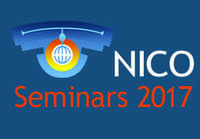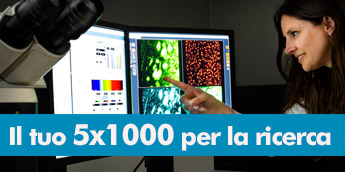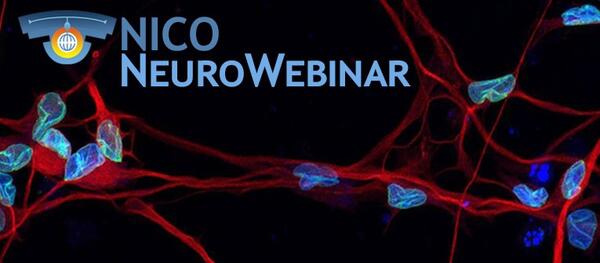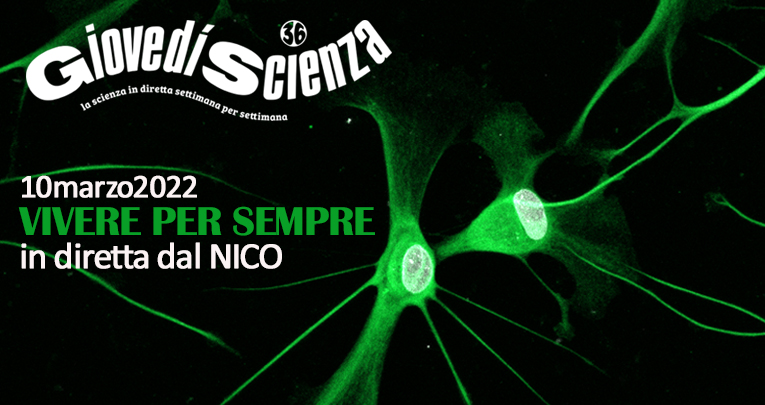Friday, 26th May - h. 14:00
Seminars Room, NICO
Neuronal signalling pathway responsiveness to temporally-encoded inputs - new insights and new tools
Michael Courtney
Turku Centre for Biotechnology, University of Turku and Åbo Academy University, Finland
NMDA receptors (NMDAR) are the main calcium-conducting channels gated by neurotransmitter glutamate in the brain. They play critical roles in the pathological mechanisms of a broad range of neurological conditions as well as normal brain function. This complicates the druggability of NMDA receptors, and emphasises the importance of identifying druggable signalling mechanisms downstream of the receptors.
In this talk I will focus on mechanisms by which NMDA receptors activate mitogen-activated protein kinases (MAPKs), in particular p38. We recently found that the protein interactions underlying these mechanisms are sufficient to result in distinct outputs depending on the temporal encoding of inputs. To more precisely address the temporal aspects of signalling pathways we recently developed novel cellular optogenetic inhibitors of MAPKs. Use of these tools has revealed that intracellular signalling circuits in neurons exhibit unexpected sensitivities to periodic inhibition of signalling, akin to circuit resonance previously identified only in microbial cells.
Our results indicate that improving our understanding of the kinetic aspects of signalling circuits may be crucial for identification of druggable targets and development of inhibitory strategies.
Host: Alessandro Vercelli
Agenda
Area Ricercatori
Guarda il video
GiovedìScienza racconta la ricerca al NICO
Vivere per sempre.
Una popolazione sempre più longeva, i suoi problemi e le risposte della ricerca
Hai perso la diretta? Guarda ora il video di GiovedìScienza al NICO: una puntata in diretta dai nostri laboratori dedicata alla ricerca sull'invecchiamento.










